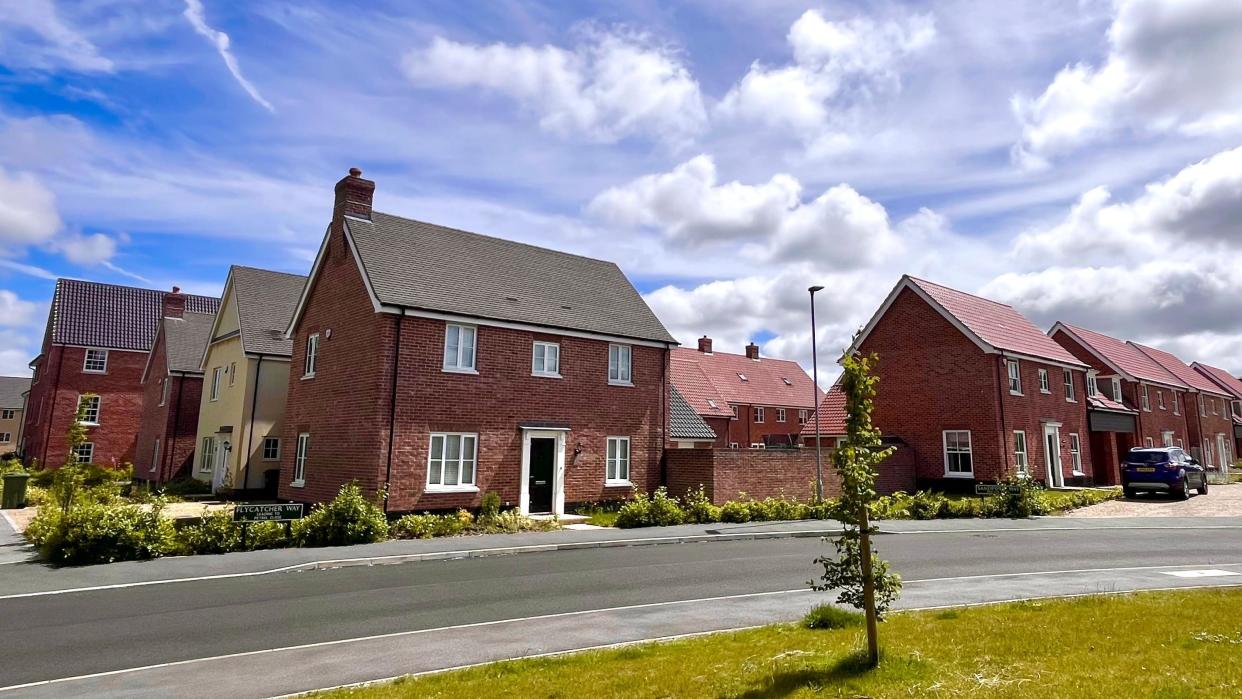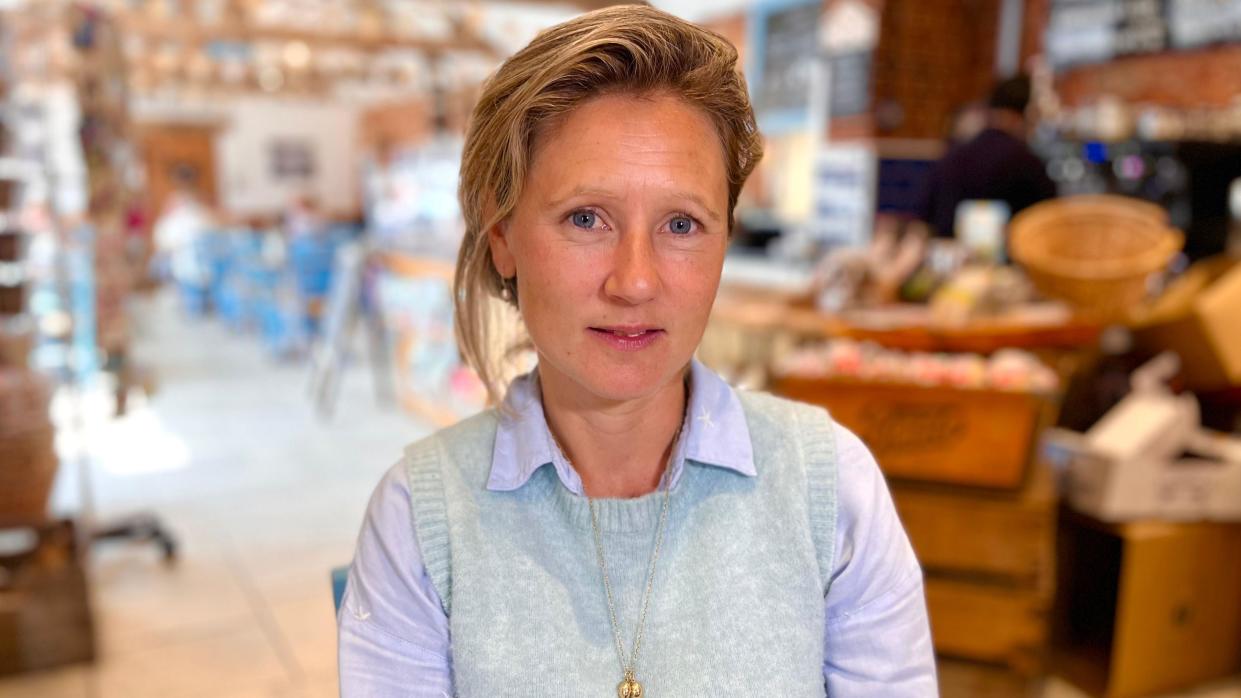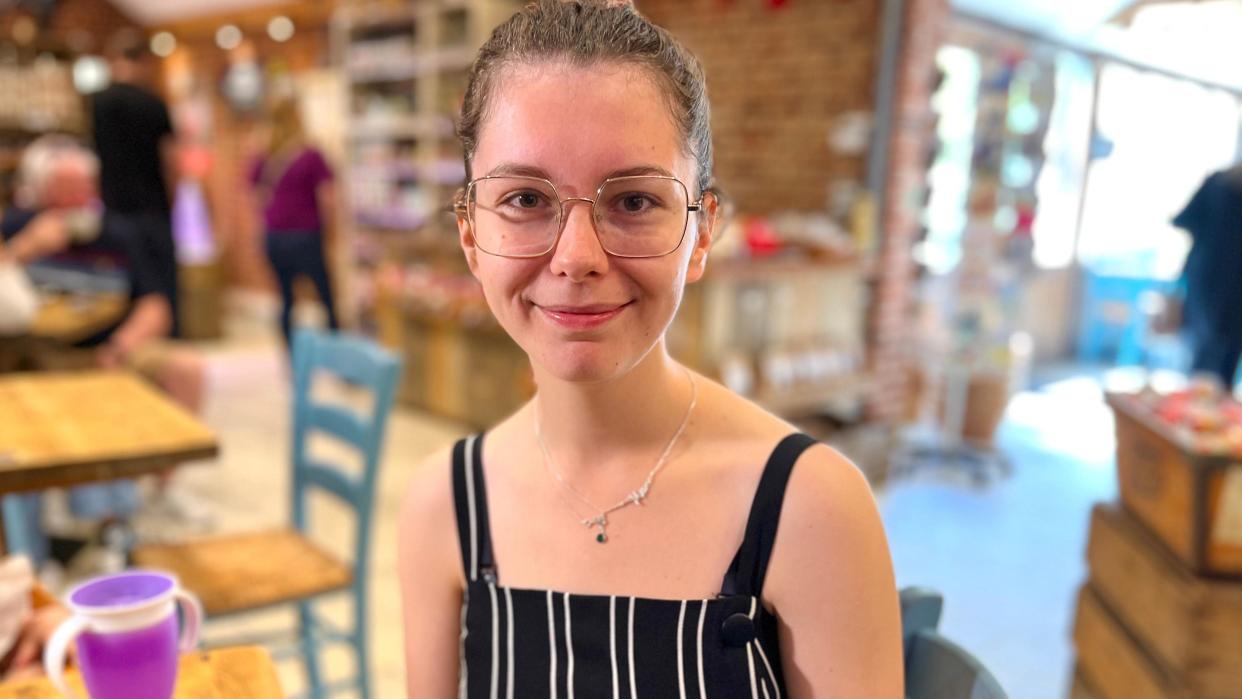Could new estates swing the election?

In the past decade the East of England has seen one of the highest rates of new house building for any region, second only to the South East, according to government data.
Many of these nearly 200,000 homes are on new-build estates in semi-urban or rural areas.
One of these is White House Farm in the swing seat of Norwich North.
Could residents of these new developments tip the balance in closely fought constituencies?
Norwich North has tended to follow national trends in modern elections.
Held by Labour from 1997-2009, it was won by the Conservative Chloe Smith in a by-election following on from the MPs' expenses scandal.
Ms Smith has held the seat since then, although each time with majorities of fewer than 5,000 votes.
She announced in November 2022 that she would not be standing in this election.
White House Farm has seen 2,000 homes built as part of phase one, with plans for a further 5,000.
It was part of plans for the so-called Broadland Growth Triangle, set up in 2016.
The project aimed to build about 12,000 new homes in Rackheath, Old Catton, Sprowston and Thorpe St Andrew, all on the boundary of Norwich and Broadland districts.
In March this year, it was adopted into the Greater Norwich Local Plan.

Charlotte Gurney owns the White House Farm shop and cafe on the edge of the new estate and thinks her business is a "good barometer for what's going on locally".
The enterprise has grown from a pick-your-own farm with just one employee to employing "150 - 200 people", she said.
She described the demographic of those who have moved there as first-time buyers and young families, often with both parents working.
The estate has a nursery, which she says "thrives".
Ms Gurney thinks the development could have an impact on next month's poll because there are lots of people "all living in a small pocket together and living quite similar lives".

Georgia Hoyles, 26, often goes to the cafe with her young daughter Darcy.
She said that as well as childcare she is also concerned about making sure new housing developments come with new schools, parks and other local amenities.
"There's only one post box for the whole estate," she said, and is concerned about losing green space and woodland when more homes are built.
When asked if she feels politicians are speaking to and thinking about people like her, the response is quick.
"Not really. A lot of it seems to be about things in London. Not for businesses and families in rural areas."
But she had already made up her mind about who she would vote for, she said, even though for her "there are no perfect options".

Stuart Johnson, 40, has concerns about housing that he wants politicians to address.
With two adult children, aged 18 and 20, he worries about "how they will ever afford a home".
He said he bought his own place aged 21, but does not see that happening for either of his children.
Mr Johnson described himself as someone who "can be swayed" before 4 July.
He said although he was "disillusioned with the Conservatives" he was also worried about Labour policies and whether they would increase taxes.
"I'm actively listening," he said, adding: "I just want what's best for my family."
The National Centre for Social Research (NCSR) has published a UK-wide constituency map profiling the type of voter most likely to be found in each seat.
It identifies six key social groupings, which broadly speaking run left to right: urban progressives, soft-left liberals, apolitical centrists, middle Britons, well-off traditionalists and left-behind patriots.
Its data shows Norwich North is composed largely of middle Britons, which NCSR describes as a "typical British voter".
They are generally middle aged or above, two thirds own their home, most live in small towns, do not have a party allegiance, and tend to follow the national trend.
But Lovisa Mellor, who led the NCSR data mapping research, said such seats can be shifted by "an influx of commuter populations" which "tend to be urban progressives and soft-left liberals".
She added that while this is not a new phenomenon in the East of England, "in marginal constituencies, such shifts over time can tip the scales".
Candidates standing in Norwich North
Chika Akinwale - Liberal Democrat
Fiona Grace - Independent
Alice Macdonald - Labour and Co-operative Party
Ben Price - Green Party
Charlotte Salomon - Conservative
Nick Taylor - Reform UK
Follow Norfolk news on Facebook, Instagram and X. Got a story? Email eastofenglandnews@bbc.co.uk or WhatsApp us on 0800 169 1830
